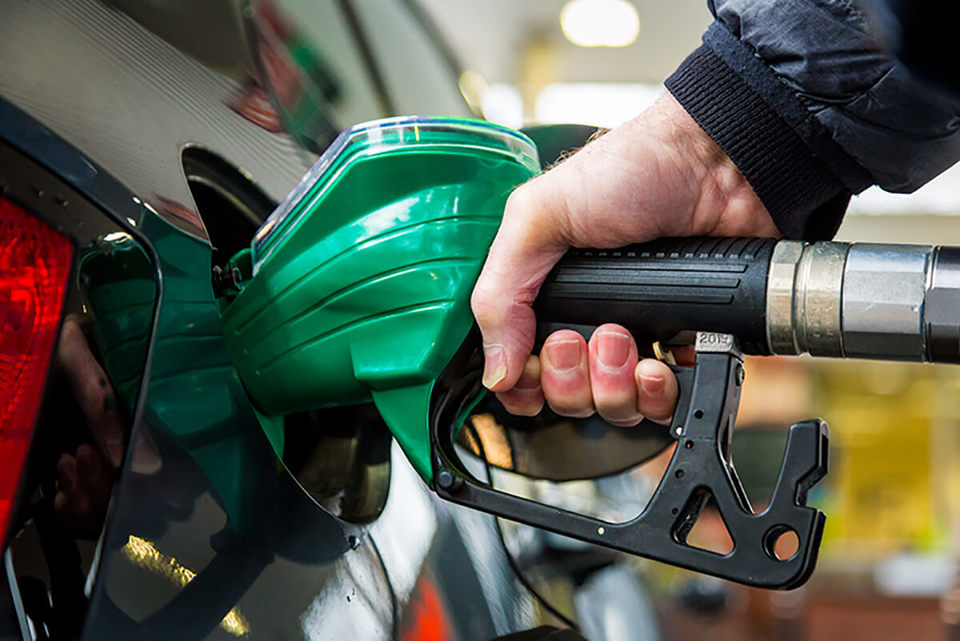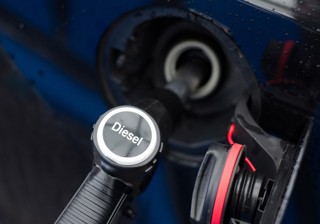Reports suggest the Prime Minister is considering cutting fuel duty by 2p per litre (ppl) ahead of leaving the EU.
The Sunday Times says Boris Johnson’s team has been working on an emergency budget for October, which would include a fuel duty cut, costing the Treasury some £1.5 billion.
It has also war-gamed holding an election on October 17, the paper said.
Fuel duty has been frozen at 57.95ppl since 2010-11, with Johnson believing a cut could be a vote winner.
The FairFuelUK Campaign welcomed the news and said that a cut in fuel duty would boost the UK's economy and, rather than damaging tax take, would actually deliver more income to the Exchequer.
Robert Halfon MP said: “For nearly 10 years, with FairFuelUK, I’ve been campaigning to cut fuel duty. Everywhere you look, drivers are hit by taxes and demonised for having no choice but to use their vehicles.
“The Prime Minister and the Chancellor’s, common sense support of the commercial heartbeat of the economy must be welcomed. It’s the right time the financial strain on the backs of hardworking motorists was alleviated.”
The possible cut in fuel duty was also welcomed by the Freight Transport Association (FTA), the Road Haulage Association (RHA) and the Petrol Retailers Association (PRA).
Christopher Snelling, the FTA’s policy director, said: “This would be excellent news and something FTA has been campaigning with FairFuelUK for years.
“A cut would massively stimulate the UK economy whilst mostly paying for itself as Government would get more tax from other sources as a result.
“Fuel duty is a blunt tax that does little for environmental purposes in haulage, as currently there is no alternative to diesel in the mass market and the goods still have to be delivered."
Richard Burnett, CEO of the RHA, added: “After many years of tireless lobbying with FairFuelUK it would appear that the penny, quite literally, is beginning to drop.
“It is clear that the Prime Minister and the Chancellor are listening to us. For years UK hauliers have been operating at a disadvantage to our European counterparts.
“A cut in fuel duty will go some way to levelling the playing field with the rest of Europe. This is vital to help stimulate the economy during these challenging times.”
Brian Madderson, chairman of the PRA, said: "We have been exchanging correspondence with the Treasury since the start of the year on a number of taxation issues with the present high level of fuel duty as the primary concern.
“The former Exchequer Secretary, Robert Jenrick MP, arranged for the PRA to meet the heads of fuel taxation at both the Treasury and HMRC earlier this summer. At the in-depth review, PRA stressed the need for Government to re-visit their report on the dynamic effects of fuel duty modelling (2014), which confirmed the positive outcome on the economy of cutting this deeply regressive tax.
“In a post-Brexit environment, fuel duty cuts would help stimulate the economy and must be introduced as soon as possible by the new Chancellor.”
However, The Times reports that the cabinet, including the Chancellor and the transport secretary Grant Shapps have yet to sign off on the plans and ministers are understood to have significant concerns about the cost of the policy.
Greener Journeys research has demonstrated that the freeze in fuel duty since 2011 means that the price of fuel at the pump has been cut by 13% in real terms.
The direct consequences of the freeze, it says, have been a 4% increase in road traffic; an additional 4.5 million tonnes of CO2; an additional 12 thousand tonnes of harmful NOx and 816 tonnes of PM10s; up to 200 million fewer bus journeys; and 60 million fewer rail journeys. The freeze in fuel duty since 2011 has also cost the Treasury more than £50 billion.
Furthermore, last week the Science and Technology Committee concluded that the Government’s target for ‘net-zero’ by 2050 is undeliverable unless clean growth policies are introduced. It called for Government to promote public transport and reduce the cost of public transport relative to private transport.
Claire Haigh, chief executive of Greener Journeys, concluded: “If we are serious about tackling climate change and air pollution, why would we make such drastic reductions to environmental taxes?
"Government must do more to promote public transport. At the very least fuel duty should be linked to inflation in future budgets.
"The money raised from future increases in fuel duty should be ring fenced to accelerate the switch to electric vehicles and to encourage greater use of public transport.”
For the latest regional fuel prices, visit our fleet tools section.
























Louise - 27/08/2019 12:04
Feels like Boris is at the cookie jar - offering all kinds on incentives to everyone